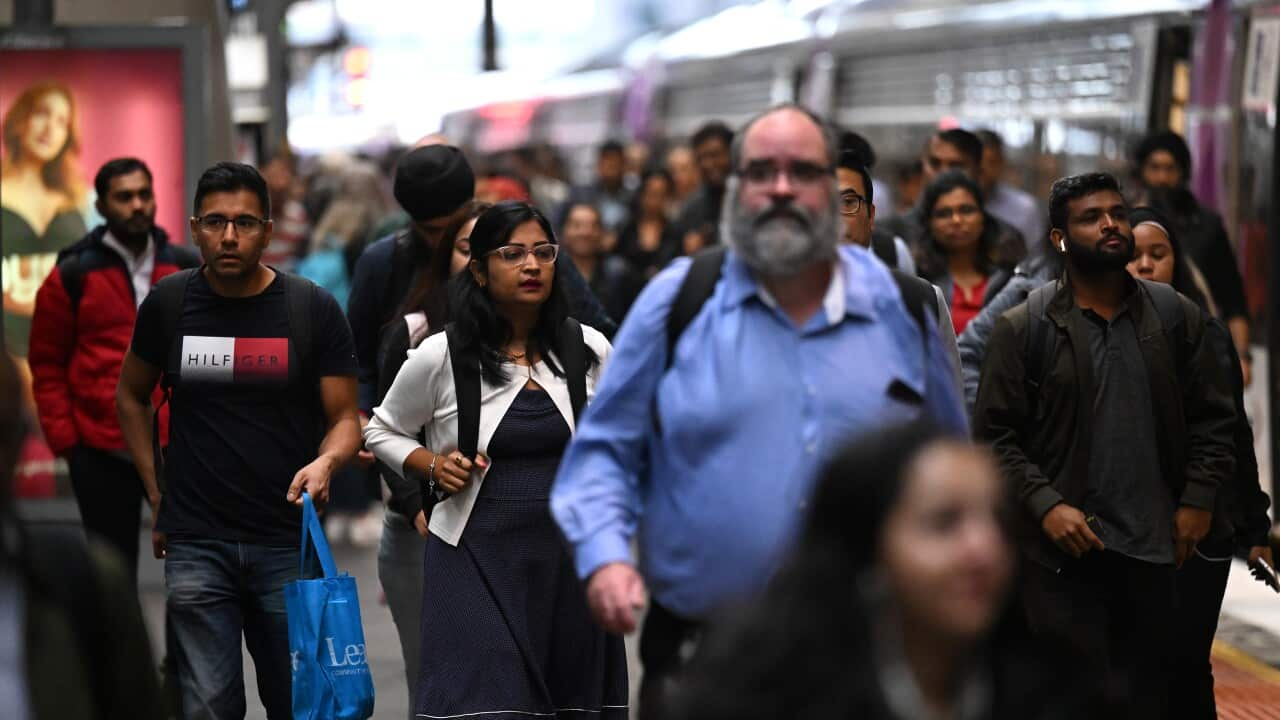They teach our children, tend to our wounds, wait our tables, deliver our parcels, and care for the elderly.
Despite their value to society, a new report has found the workers we rely on most are being priced out of the rental market.
Anti-poverty organisation Anglicare Australia surveyed just over 45,000 rental listings nationwide during one weekend in March, measuring their affordability against the full-time weekly wages of 16 essential occupations.
What they found was “nothing short of alarming”, Anglicare Australia’s executive director Kasy Chambers said.
“There is literally no affordability,” she said.
“If you’re a construction worker, a cleaner, if you are a freight driver, you would’ve found less than 1 per cent was affordable on this particular weekend — and this weekend’s no different to any other.”
What the report found
Hospitality workers had it the hardest, with only 352 rental listings (0.8 per cent) nationwide considered affordable on their incomes, while early childhood educators had the pick of just 398 properties (0.9 per cent).
Even the highest-paid essential workers were doing it tough. Teachers could only afford 3.7 per cent of rental listings (1,671), and firefighters just 3.4 per cent (1,520).
Less than four percent of available rentals are affordable for essential workers on a single, full-time income. Source: SBS News
“This means over 96 per cent of the private rental market is not affordable,” Chambers said.
“These are called essential workers for a reason. The buildings were in are constructed by builders. We bought our morning coffee from hospitality workers. We will go home often via the supermarket and pick up our food from retail workers.
“These are the people that we rely on in our society, and yet they can’t put a roof over their heads in an affordable manner.”
Hospitality workers had it the hardest, with only 352 rental listings nationwide considered affordable on their incomes. Source: SBS News
Chambers said many essential workers had to make big sacrifices to find a place to live that they could afford.
“We hear all the time of nurses who after having worked an eight to 10-hour shift on their feet, go home and do a shift for Uber Eats and then go back to their shift the next day,” she said.
“We know of teachers who are marking students’ homework and preparing lessons for the next day in sharehouses, and we hear constantly of ambulance drivers and construction workers who are starting an early shift, already having driven an hour from what’s supposedly a cheaper rental.”
Those considering moving out of the major capital cities would find little relief, Chambers warned.
“Even regional areas are not affordable, There is very little right across the country,” she said.
‘Rental market doesn’t work’
The report’s findings were “proof that the private rental market doesn’t work”, Chambers said.
She said one of the “obvious” and “urgent” solutions was to boost social housing numbers and make it an option for more Australians, including essential workers.
“This isn’t about supply. We are currently building about 180,000 properties each year in Australia – that more than keeps up with population growth.,” Chambers said.
“What we need to do is to be making many more of those affordable housing, social housing. We need 25,000 extra social housing units every year over the next five to 10 years.”
The federal government’s Housing Australia Future Fund aims to build 30,000 social housing and affordable dwellings over the next five years.
A report from the People’s Commission into Australia’s Housing Crisis in August found .
Chambers also called for changes to negative gearing and capital gains tax concessions.
“These are very, very expensive policies and incentives which are driving the private rental market,” she said,
“We’re not saying that you change these overnight … what we need to do is actually turn these around gradually, but have a big commitment to do so, so that we can again be a country that houses its workers.”
It was revealed last month that Treasurer Jim Chalmers had asked Treasury to s.
When questioned if Labor would be taking the changes to the next federal election, Chalmers said it wasn’t “unusual” for governments to get advice on “contentious issues” and that such changes weren’t part of its existing “ambitious housing policy”.


